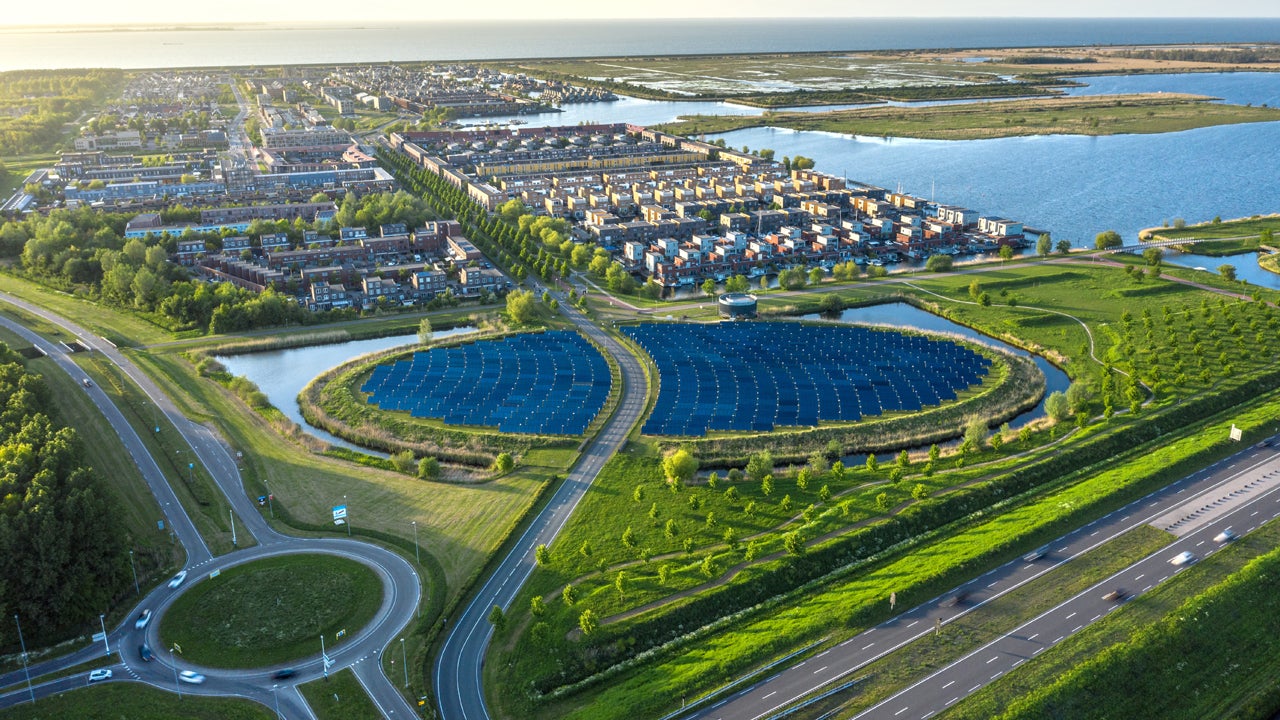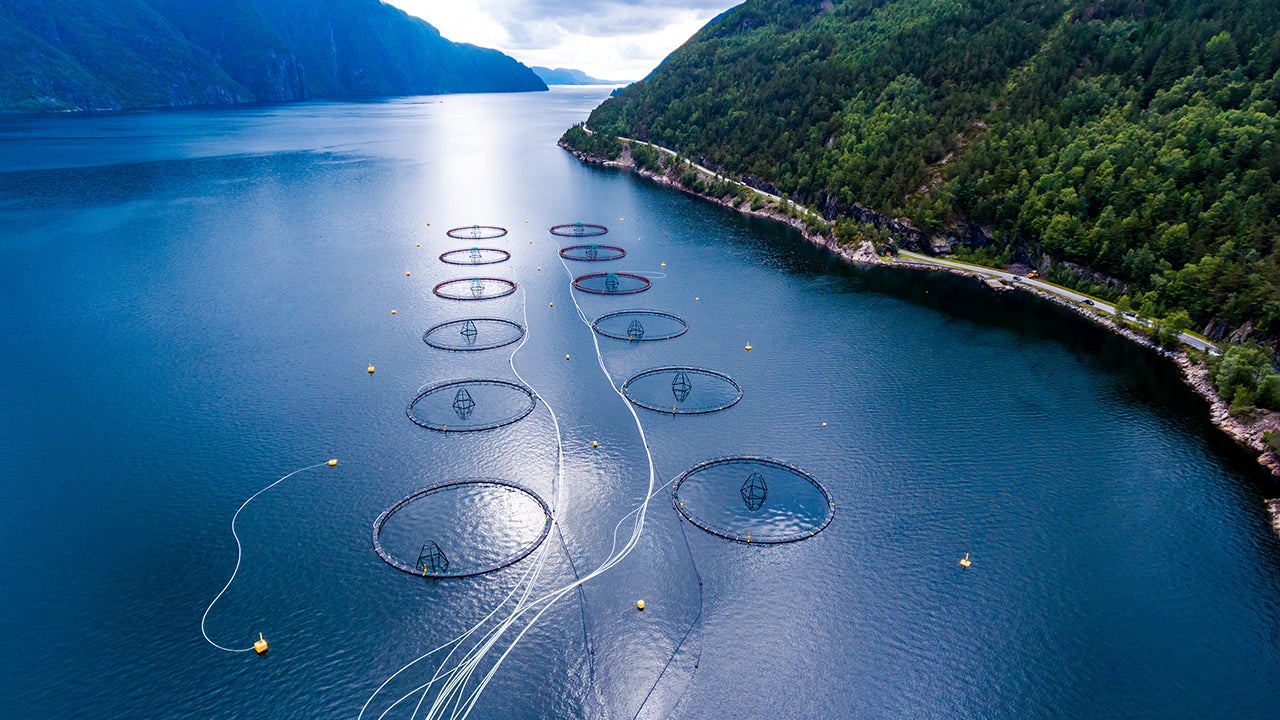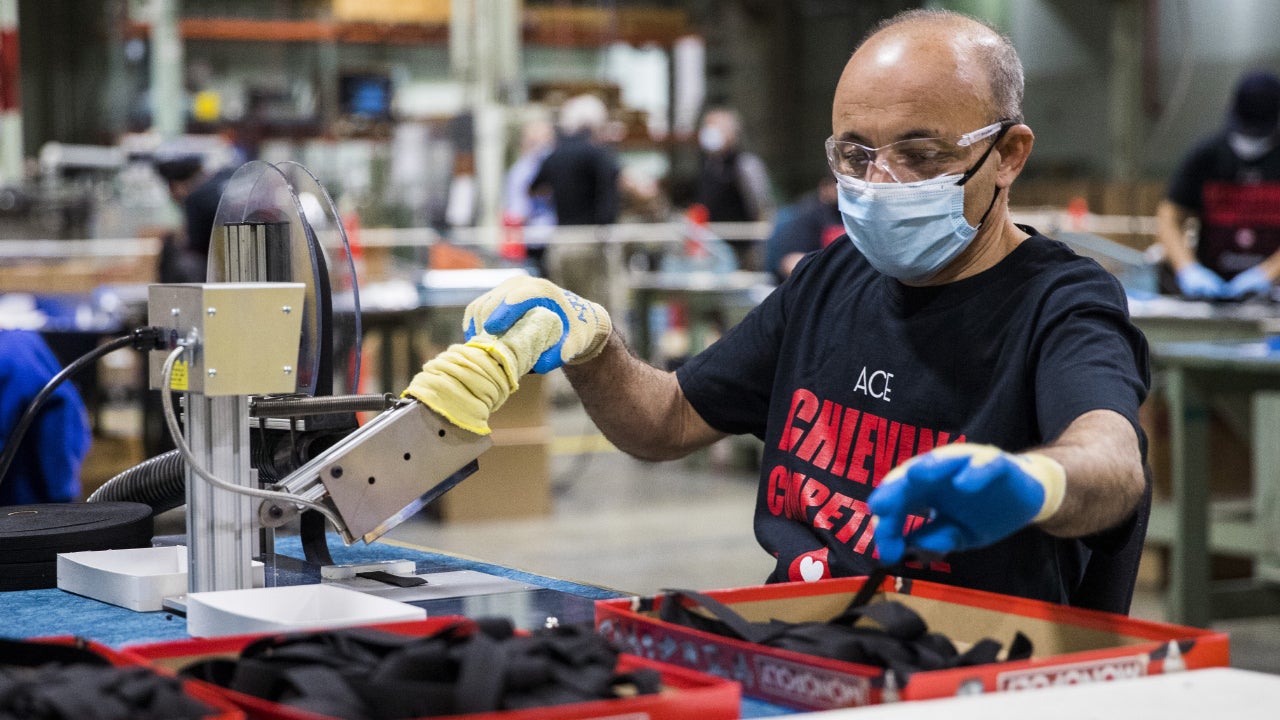
Education series: Understanding ESG
We have created a training series to bring you up to speed with everything ESG. Learn more

Insurers need to be ready for the changes to climate risk regulations. We’re here to help you understand what they mean for you.

Our focus as active fund managers is on finding mispriced stocks. We are open to buying companies whose qualities and future potential are not properly reflected in their share prices. Equally, we look for companies whose willingness and efforts to change have yet to be recognised by the market. Correctly anticipating change for the good and the scope for market perceptions to catch up with reality can generate strong investment returns. The key is identifying the issues and focusing on the path to improvement.

At Invesco, our commitment to environmental, social and governance (ESG) investing is an element of our ambition to be the most client-centric asset manager. ESG investing is a key part of the solution to a sustainable future. We view ESG as driving a holistic perspective on the investment industry’s role in creating value. Our commitment goes far beyond delivering elements of ESG at a functional level, it goes to the heart of being a trusted partner.

Invesco as a supporter of the Task Force on Climate-related Financial Disclosures (TCFD) is launching its first report on Climate Change.

For more than 30 years, Invesco has demonstrated its commitment to responsible investing by actively encouraging ESG (environmental, social, governance) practices across every area of our business.

Aquaculture (also known as fish farming) is a booming industry, and its growth outlook is strong. As natural fish levels continue to deplete, the aquaculture industry has played a role in plugging the need for the world’s growing protein consumption. This article outlines some of the opportunities and the risks investors might consider when considering this sector.

ESG integration is an ongoing strategic effort, and investment teams will vary in their level of ESG integration. We are presently working to apply these principles into all of Invesco’s assets under management. There is little value in providing pre-packaged, one-size-fits-all strategies to ESG-focused investors.

The Henley Investment Centre ESG Guiding Framework addresses the investment centre’s ESG principles and approach to integrating ESG into the different asset classes, including their approach to active ownership and relevant ESG tools used by the investment teams.

To be successful, the development of sustainable finance in Europe needs to be grounded in access to high quality and meaningful ESG disclosures. While the quality and reliability of ESG data has improved considerably, so has the sophistication of investors and their needs for improved ESG disclosure.

We discuss the risks and consequences of missing out on the most profitable stocks and how this can be avoided, debunk some common myths about ESG investing and discuss real estate investing from a behavioral finance perspective. Furthermore, we show how quantitative analyses can inform increasingly popular thematic investing strategies and lastly, we are excited to share with you the body of work presented at this year’s Cambridge Consortium on Asset Management.

Our Global Debt team’s approach to ESG investing

Green Bonds not only provide Asian corporates with essential funding for infrastructure and environmentally friendly capital expenditures, they also provide investors with a wide range of yield choices and potential value resilience amid volatile markets.

It’s difficult to fathom how much the world has changed within a matter of months. As governments around the globe launched ever more stringent measures to contain – or at least delay – the spread of the novel coronavirus, life as we knew it transformed before our eyes.

Covid-19’s sudden emergence not only reminds us of our fragility as a species, it reveals serious structural vulnerabilities that allow diseases like this to spread. As new diseases become more infectious and more frequent, healthcare systems around the world are struggling to keep up, not just with vaccines and treatments but with patient care.